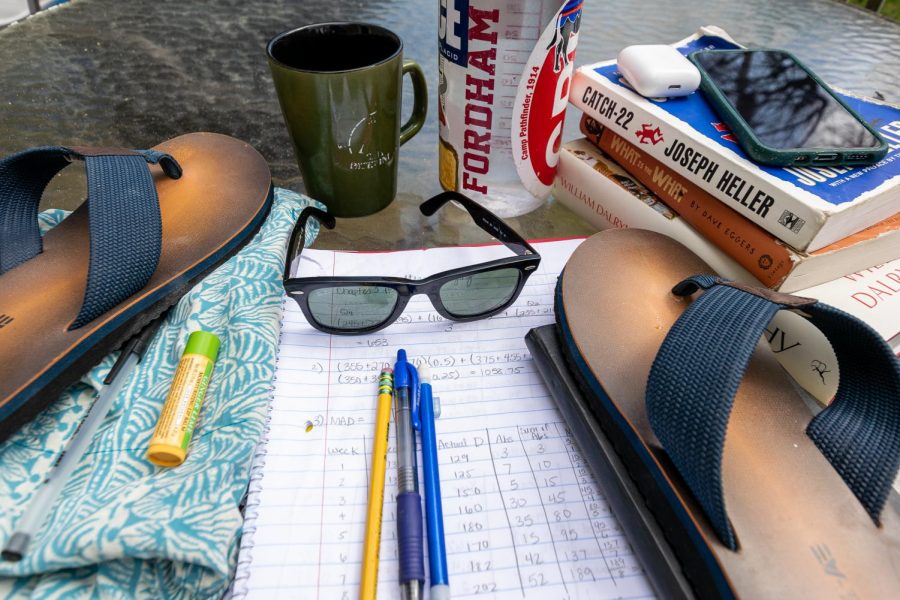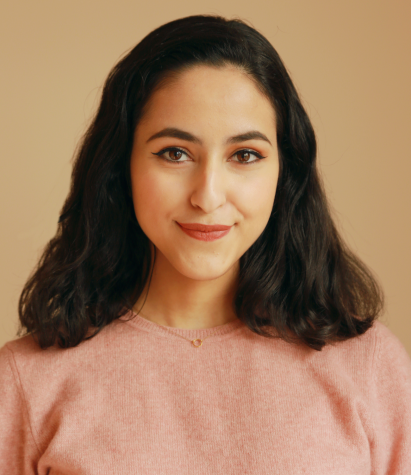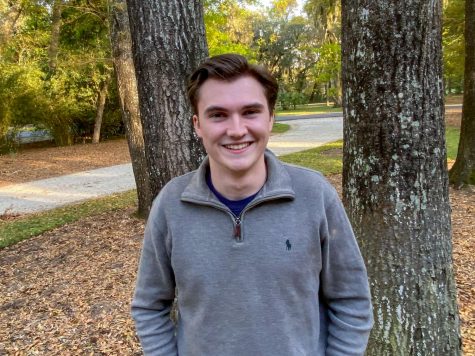Uncertainty Over Summer 2020 Courses Amid Coronavirus Outbreak
As new projections about the longevity of the virus and its spread are being released, returning to Fordham in the near future is becoming less likely.
April 7, 2020
Over the past few weeks, Fordham students were forced to come to terms with completing their spring semester online. As new projections about the longevity of the virus and its spread are being released, returning to Fordham in the near future is becoming less likely.
Fordham has responded to this uncertainty by changing the structure of their summer school courses for 2020. The summer school staff communicated this change to students over email on March 27 and through an update on Fordham’s website.
Summer courses at Fordham are split into two sessions: Session I runs from May 26 to June 25, and Session II runs June 30 to Aug. 4. All courses in Session I will now be conducted online in a synchronous/asynchronous format: students will meet for a portion of their originally scheduled time slots with additional coursework to be completed at another time.
Session II is currently slated for on-site meeting, but this plan is subject to change as the coronavirus situation develops. Fordham will not house students for Session I and has not officially decided whether to do so for Session II.
Students who were planning to register for summer courses are reporting second thoughts. For those who can’t fathom another semester of online classes, their only option for receiving in-person courses is by registering for Session II.
Yet neither the administration nor students are certain that this opportunity will be possible months down the line.
Olive Zoda, Fordham College at Lincoln Center (FCLC) ’23, was looking forward to taking a Spanish course this summer to accelerate her foreign language requirement so that she would be able to study abroad in Spain by spring 2021. After learning about the switch to online courses for Session I, however, she decided to try for Session II despite her reservations about a possible shift to online learning.
“I find it really hard to learn separately from my classes and professors, since a lot of my classes were discussion- or collaboration-based, so not being able to be in person with the other people in class and my professors has pretty much ruined the dynamic of the class or any potential to learn from it,” she said.
“As for summer sessions, I don’t know what could make this better. I don’t think online classes could ever be conducive to real learning. The only thing I can think of is hopefully having professors be more available/responsive with emails and office hours,” Zoda continued.
For other students, the shift to online summer courses does not pose as much of a problem. Wes Green, FCLC ’21, was planning on registering for two courses — a historical distribution class for his English major and the fourth Eloquentia Perfecta (EP4) requirement to be able to double major in English and music. When signing up for these two courses, he was fully aware that they would be exclusively online.
“I’m not worried about taking summer classes online because many of my current seminar-style English classes have gone online and they are working out mostly well. I feel confident that the online nature of the courses wouldn’t affect the take-away I had from the class as long as I apply myself fully,” he said.
Green hopes to return to New York City as soon as it is safe, as his job is located there and he is still paying rent for his apartment. Given that his classes are online as it is, their virtual nature does not act as an impediment to his learning.
Although no professor has withdrawn from teaching a course during Session I or II, some courses could not be transferred online. The Musical Theatre Intensive class which was initially scheduled to occur from May 26 to June 25 was canceled on March 20.
Fordham was prepared to offer students a month of working with theater professionals on an ensemble and individual level, but the in-person collaboration and musical equipment necessary to the course would not work as effectively through a screen.
Despite the uncertainty clouding the future of both summer sessions, the summer school staff remains optimistic about the success of the courses they are offering. Tara Czechowski, dean of Summer Session, believes in the ability of her faculty and encourages students to register for summer courses they are interested in.
“We’re all committed to giving students a positive learning experience through whatever modality available. With online courses, students are going to be able to save money on commuting and housing, while making progress on their degrees,” she stated.
“In terms of registering for Session II, any changes made to the schedule will be toward a more flexible online format, and they will be made before Session I begins so students should be able to add a first session course if one works better for them,” Czechkowski continued.
Most importantly, she wants to remind students that summer courses are fully refundable through the add/drop dates of each session. Interest does not have to equal commitment.














